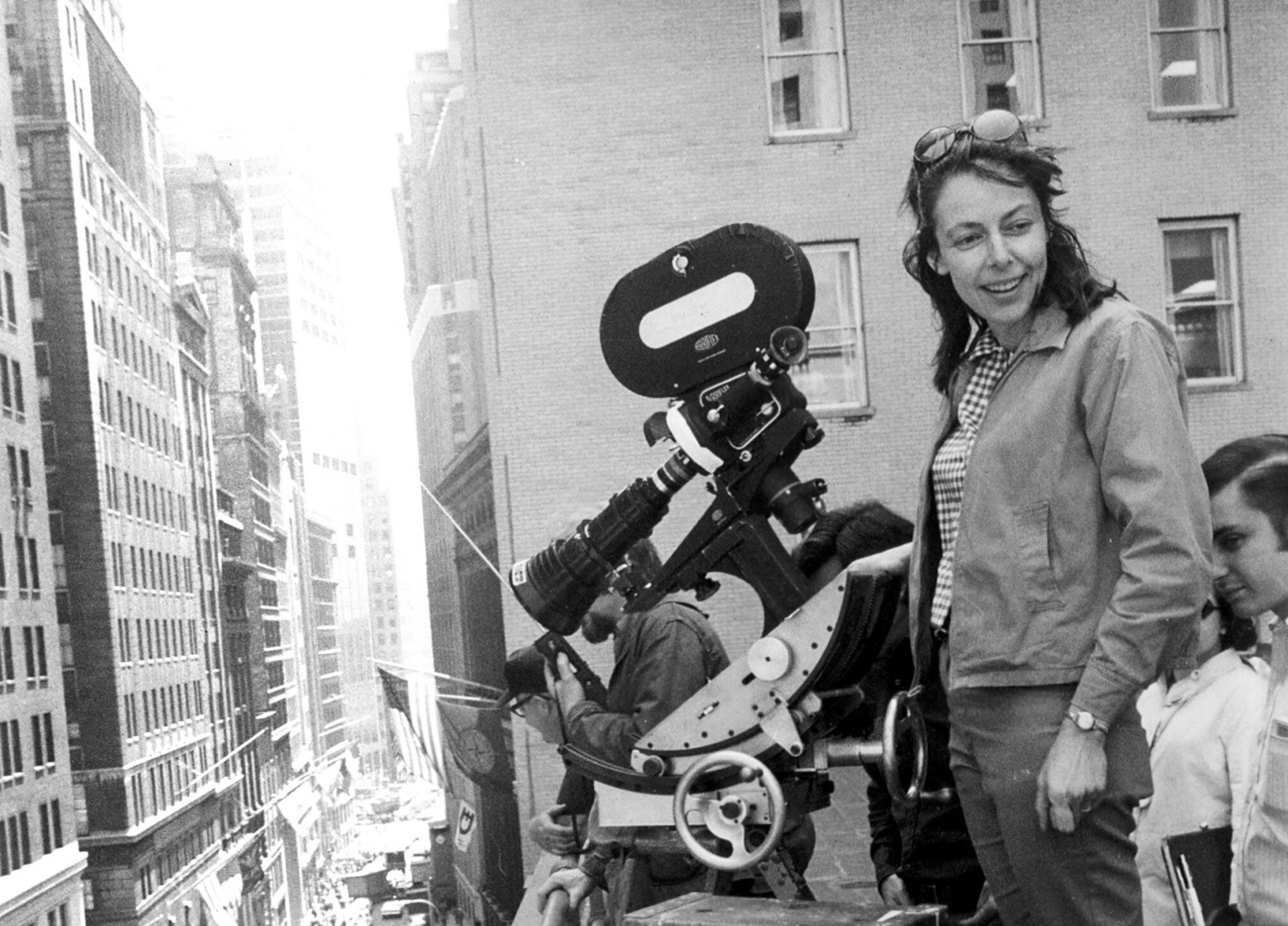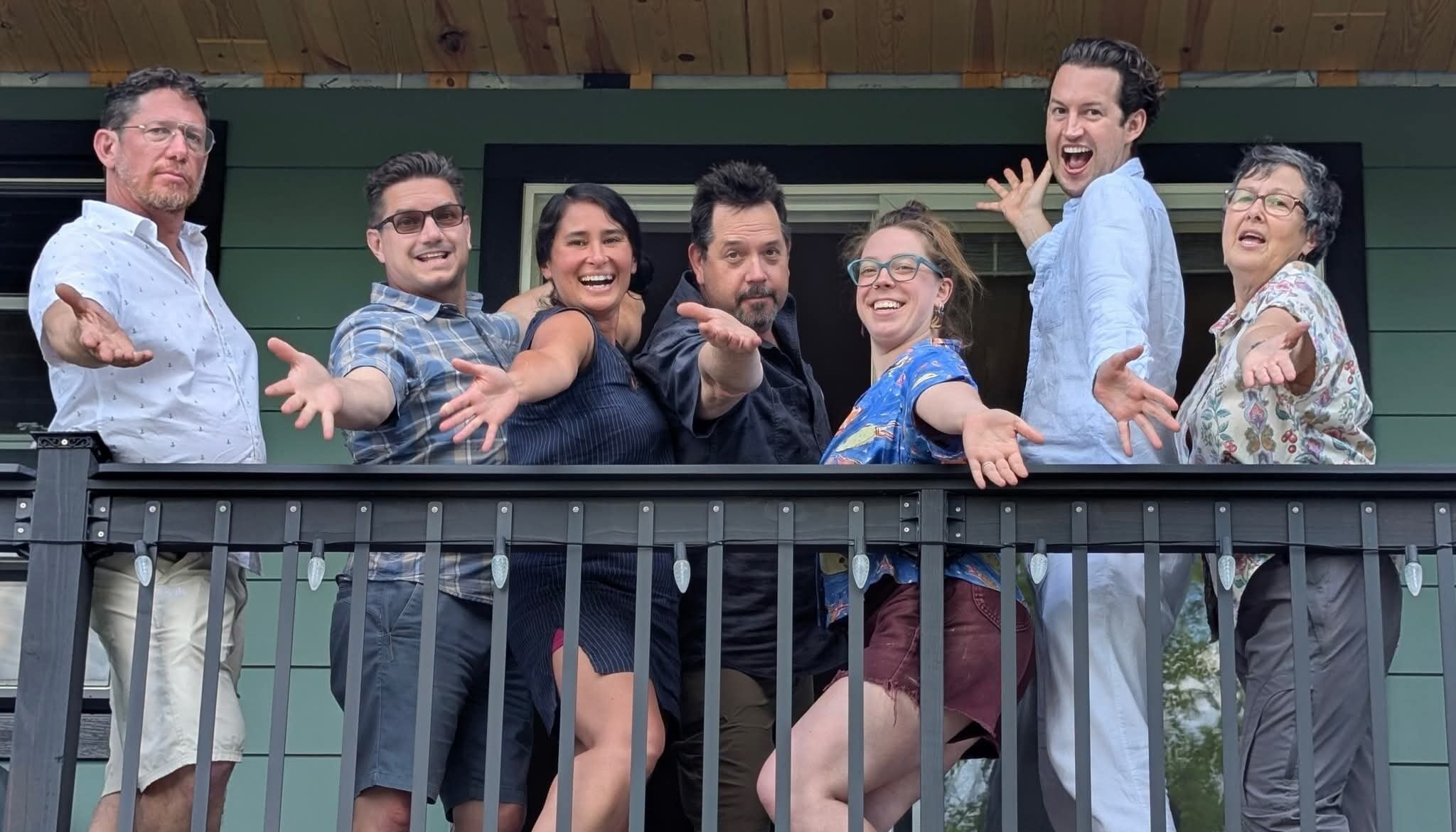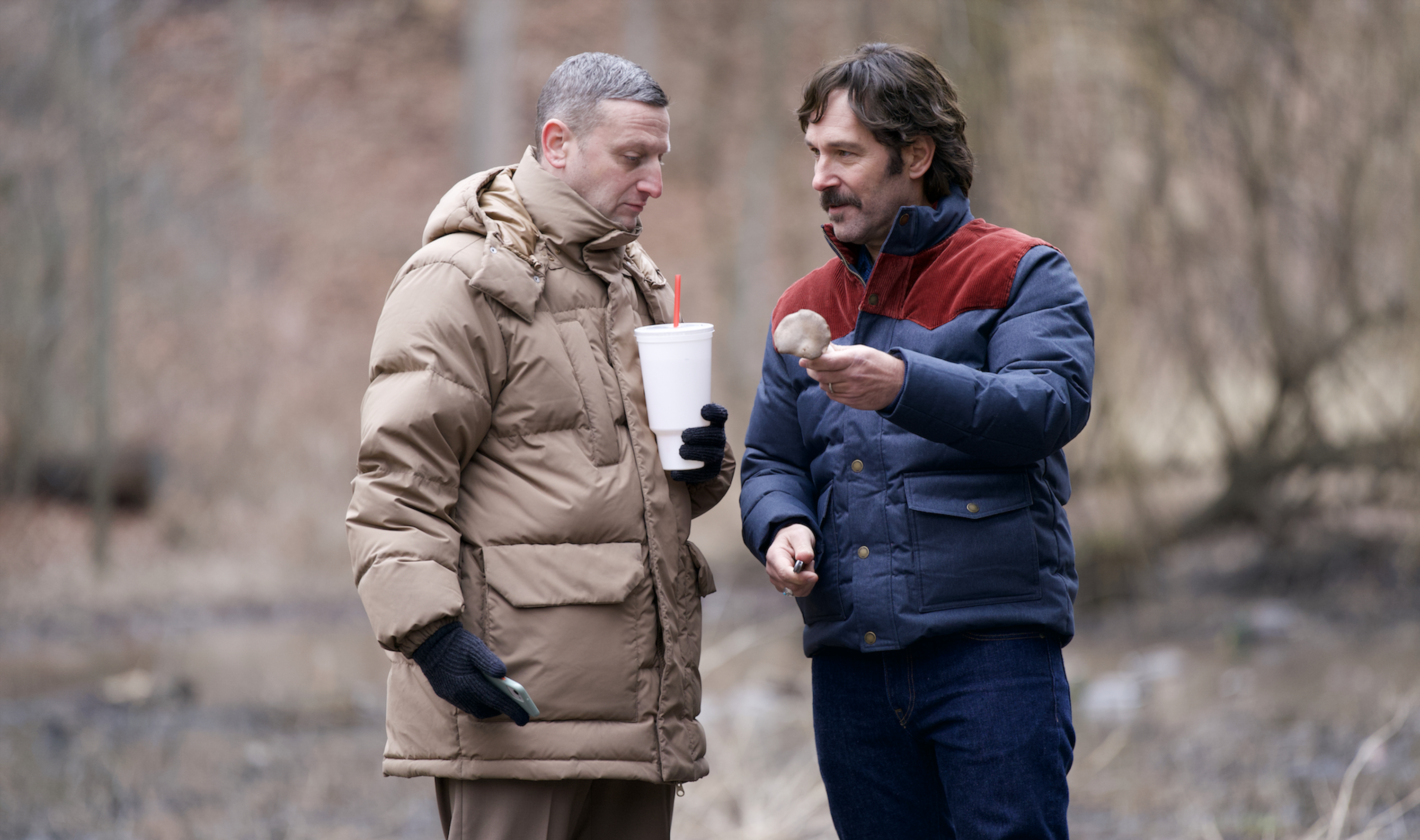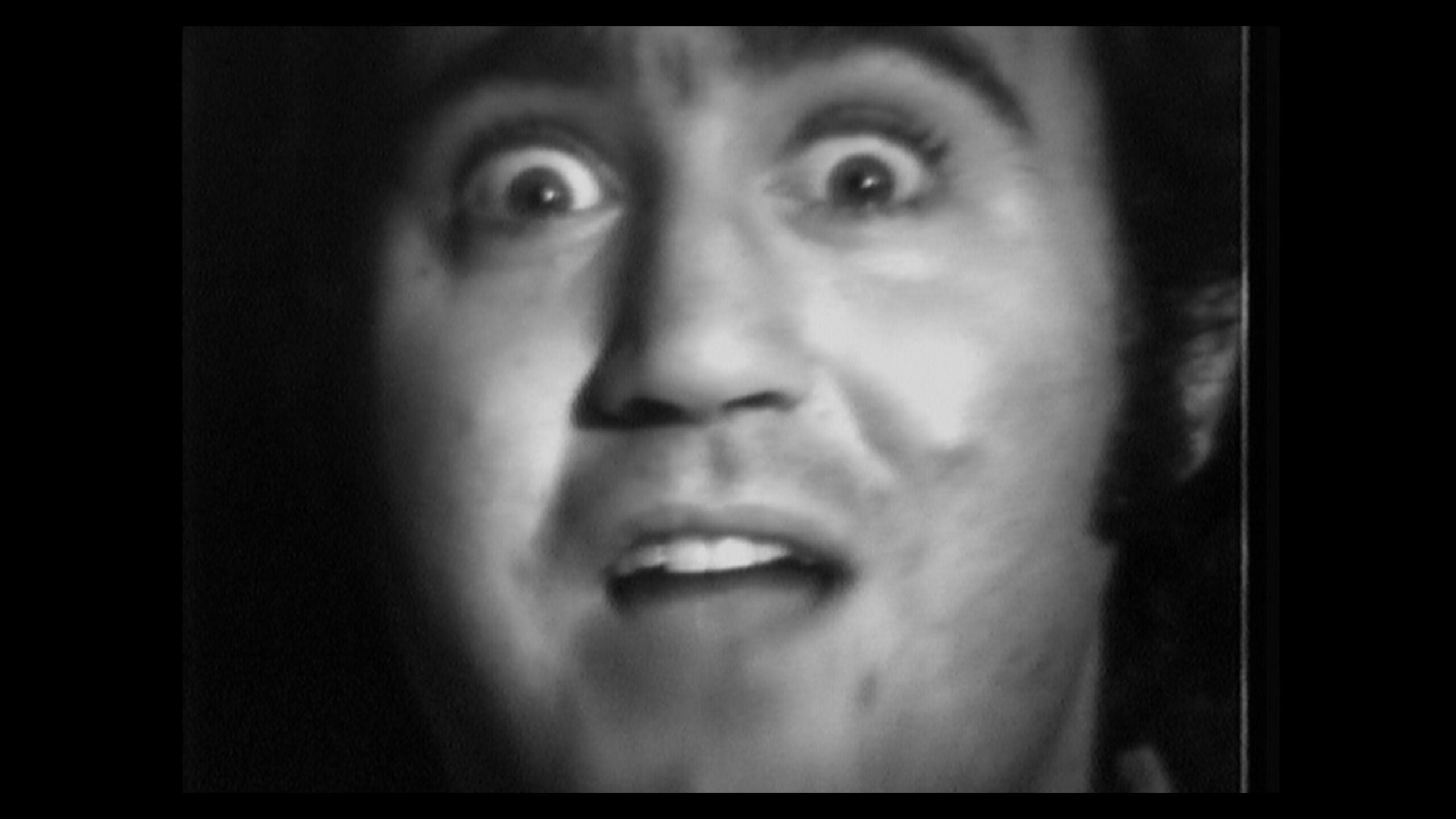Elaine May is an icon of modern comedy. From her days performing improv with partner Mike Nichols to her career as a film director, she has paved the way for numerous performers seeking a comedy career.
Author Carrie Courogen has a new book on May’s fascinating career, “Miss May Does Not Exist: The Life and Work of Elaine May, Hollywood’s Hidden Genius.”
WPR’s “BETA” chatted with Courogen about May’s long — sometimes chaotic — career.
News with a little more humanity
WPR’s “Wisconsin Today” newsletter keeps you connected to the state you love without feeling overwhelmed. No paywall. No agenda. No corporate filter.
This interview has been edited for clarity and brevity.
Doug Gordon: Elaine’s improv comedy partner, the late Mike Nichols, said that the two of them were, “in some weird way, each other’s conscious.” Do you agree with that?
Carrie Courogen: They had a solid connection from their very similar upbringings. They both had a lot of loss early in their childhoods. They both had impossible mothers, and ambitions that they were interested in exploring but didn’t want to admit that they wanted to explore because they had this snobbish attitude that being ambitious is not a virtue. It’s something they made fun of.
But at the same time, I think they understood each other, how they were both incredibly hurt, and formed a comedic viewpoint in response to that hurt and feeling a little bit outside everybody else.
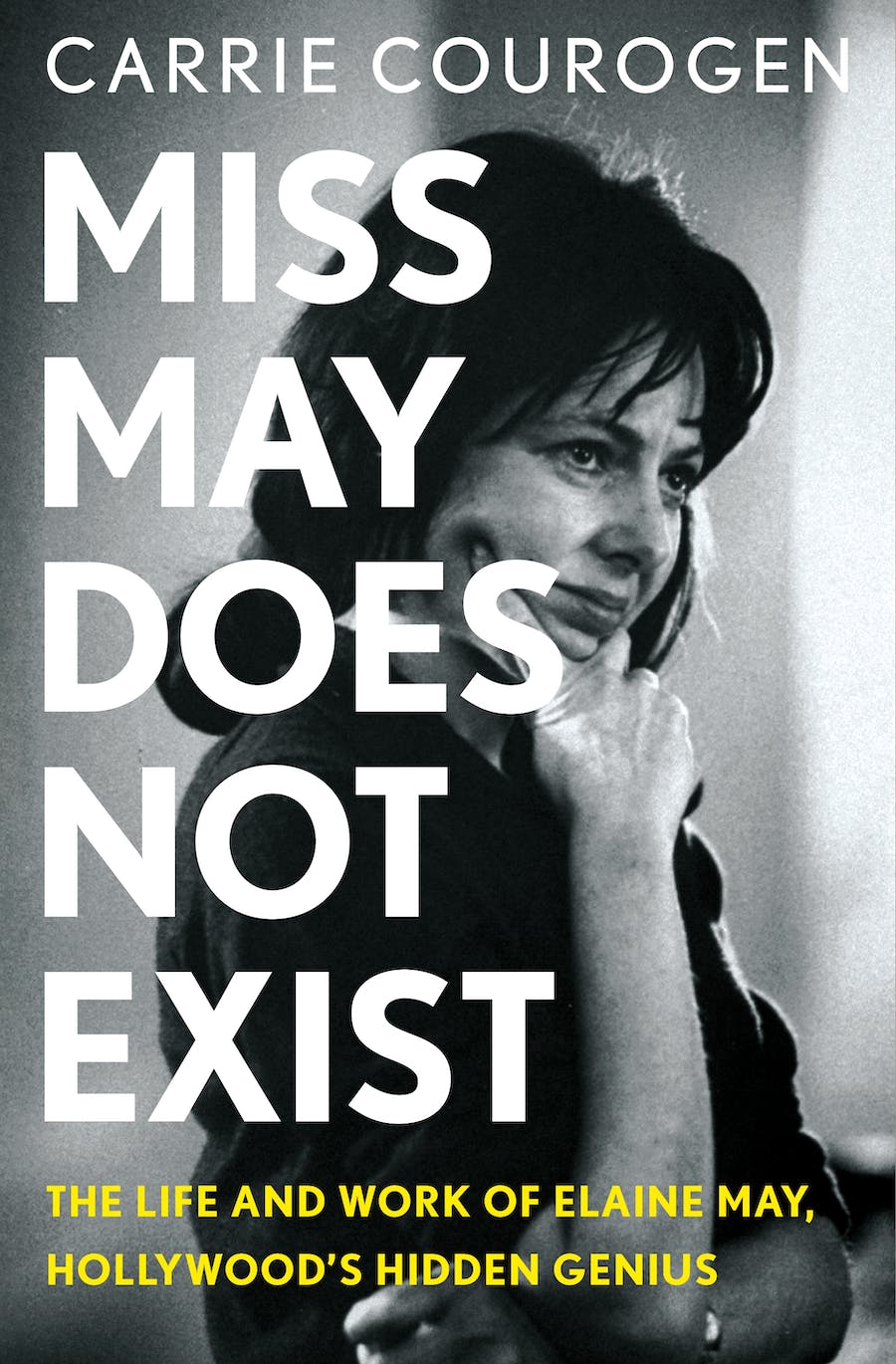
DG: In 1961, when Nichols and May were still very popular, they decided to break up. Why?
CC: Elaine decided she was tired of doing the same routine repeatedly. By this point, they were on Broadway. They had a hit show for about a year, but most of the act was made up of sketches they had done for years and they were just fine-tuning them. At the show’s end, they did what’s known as First Line, Last Line, where they would take audience suggestions and then do a long, improvised sketch. But that was it.
Elaine was not interested in polishing. She was interested in exploring and experimenting, and more room was needed for that. On top of the work, it’s hard to do something with somebody else and be that closely attached to them daily without getting a little sick of each other. So, Elaine said she wanted to quit the act, which was the end.
DG: After the breakup, Elaine started writing screenplays and plays, and she entered what you describe as her “flop era.” Can you tell us about this stage of her life?
CC: Elaine had this great success, and then she came out of the partnership with Mike Nichols, and she’s indecisive in a way. She had so many skills and so many talents. She didn’t know which to explore, or she wanted to explore them all, and they all had varying degrees of failure or some success.
Then, from 1961 until about 1968, she had two back-to-back successes directing at the Berkshire Theater Festival. And then it came to Broadway. Terrence McNally’s “Next,” coupled with her one-act adaptation.
That was a huge success, and then Paramount contracted her to write her first film.
DG: In the fall of 1971, Elaine was hired to direct “The Heartbreak Kid,” and this was her second stint as a director. “A New Leaf” was her first. How did things go with both films?
CC: They’re both very different films in terms of how the production went, but I think they’re very similar in the sense that they have her distinct, prickly sense of humor and almost a horrifying view of relationships and betrayal, but at the same time, very funny.
On the first film, Elaine had no idea what she was doing and had no intention of directing it. She had no intention of starring in it, but she couldn’t get director approval. Paramount said, “You could direct it instead,” and she couldn’t get star approval. And they said, “Well, you know, you could also play the lead if you wanted to.” So, of course, she said, “Well, I will. I’ll take all this on, even though I know nothing, because I know my story. I know myself as a writer, and if I can protect the story and get through this, that’s all that matters. I don’t trust anyone else with this.”
And so, yeah, “A New Leaf” is a disaster.
It’s a three-hour movie. Paramount takes it. They recut it. She hates it. They sue each other in court.
Finally, the version that’s released is the Paramount version. But it’s a modest success, allowing her to get another shot in Hollywood with “The Heartbreak Kid.” It was a script written by Neil Simon, which would enable her to focus more on directing, and at the same time, she also had much stronger producers who put up guardrails.
She was working on a film that was technically an independent film. It was for a subsidiary of ABC, so there wasn’t a Paramount — a giant studio where they could keep returning for more and more money. She had limits. You have to get creative within this box because once the money’s done or the time is done, it’s done. There’s no more. And that helped her stay focused and stay organized. And then, of course, the film was a great success.
DG: We can’t talk about Elaine May’s film career without talking about “Ishtar,” starring Warren Beatty and Dustin Hoffman. What is your take on Ishtar?
CC: I love “Ishtar.” It has been criminally punished for the sake of being a big-budget movie, a big-budget comedy — and unfairly penalized for that, both in terms of, you know, the box office flop and the critical response at the time, which mainly judged it for the fact that it costs a lot of money to make and had a very chaotic production.
It’s a little uneven, but I would say it’s the most accessible of her films. It’s undoubtedly the one I watch most and I’ve introduced the most people to.
DG: Elaine May is now 92 years old. In recent years, she has won a Pen America Lifetime Achievement Award and an honorary Lifetime Achievement award at the 12th Governors Awards. What do you think is her legacy?
CC: Above all else, her legacy is that she is the godmother of modern American comedy. All roads of at least improv-based comedy and sketch-based comedy go back to Elaine May. There are so many comedians, comedic writers, comedic directors or even actors who specialize in comedy but aren’t necessarily stand-ups or come from an SNL background whose entire sensibility is distilled down from these rules that Elaine created decades ago. And that’s the biggest one.
However, her legacy is that of being one of the boldest directors in Hollywood in the 20th century. She was such a trailblazer for female directors and all directors of any gender, just having such a distinct vision and not backing down from it. No matter how much other people, critics, studios or producers try to get her to.

